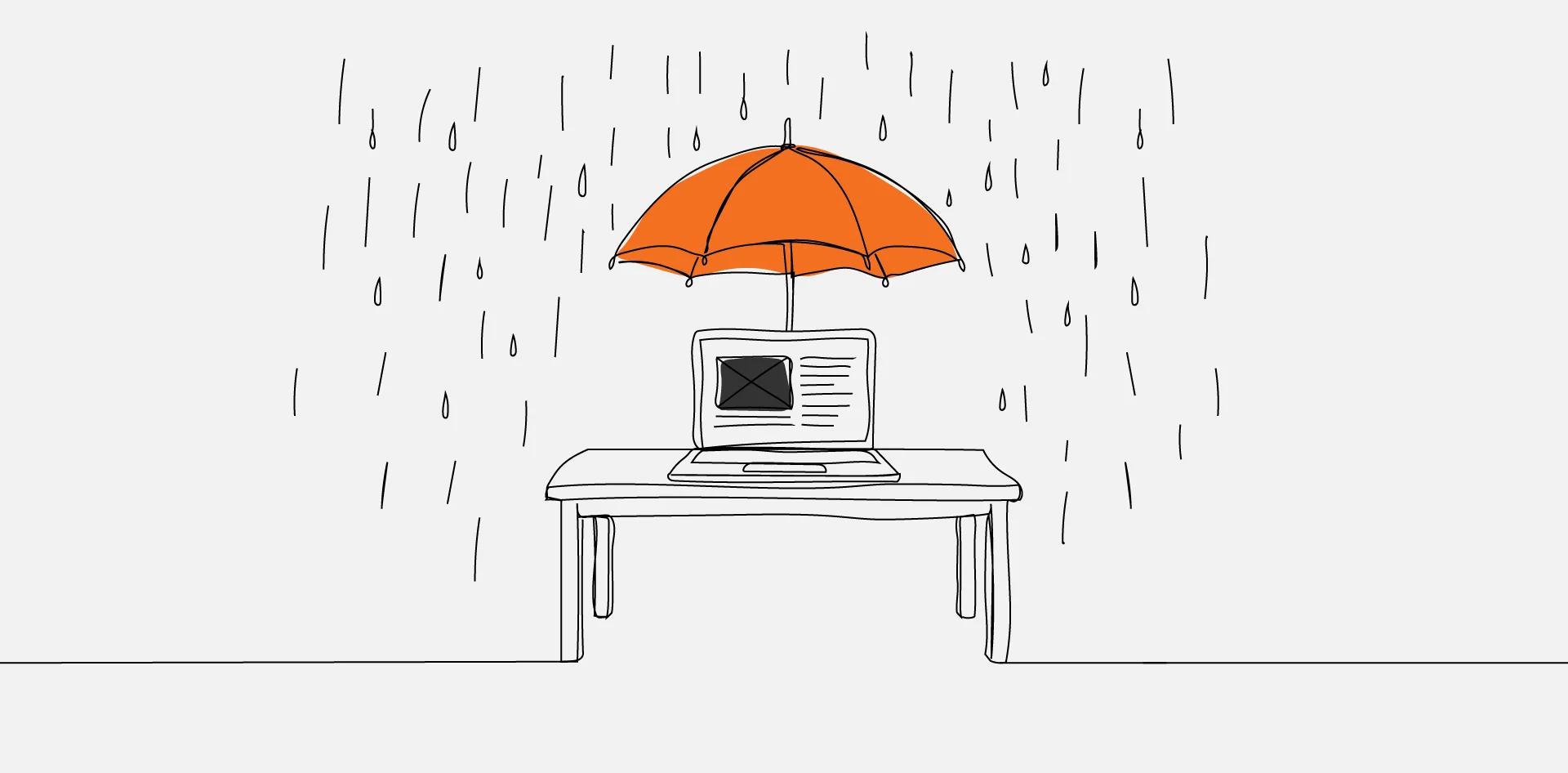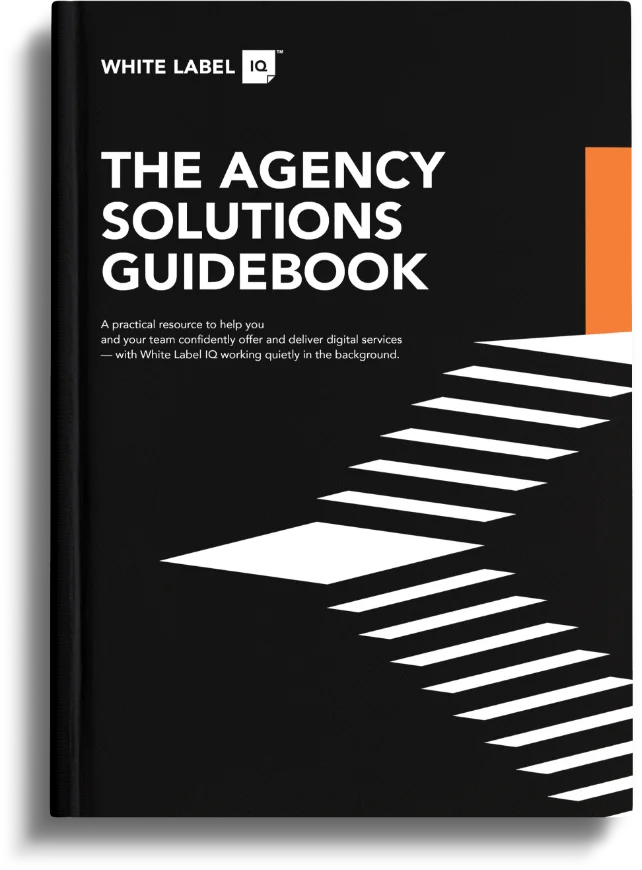
Hosting Isn’t an Afterthought
Most agencies only notice hosting when it breaks.
Until then, it’s background noise. Invisible. Forgotten. Buried in a line item nobody questions.
But when a client’s site goes down at midnight, when a product launch page crawls under traffic, or when an ecommerce cart fails at checkout — it’s not the server that gets the angry call.
It’s you.
That’s the trap. Hosting feels like a “tech detail,” but in reality, it’s reputation insurance.
It protects the thing you trade on most: client trust.
Downtime isn’t a tech issue.
It’s a trust issue.
Why Hosting Matters More Now
Five years ago, most client sites were simple: brochure pages, blog content, a few forms. Hosting could be an afterthought.
Not anymore.
- Ecommerce acceleration: WooCommerce stores and Shopify integrations mean one checkout glitch can cost thousands in sales.
- Traffic volatility: Campaign launches, influencer promotions, even AI-driven bot traffic create unpredictable spikes.
- Client impatience: Google research shows even a 1-second delay in load time can reduce conversions by up to 20%. For agencies, that means speed is no longer a “bonus” — it’s survival.
- AI-driven complexity: More plugins, integrations, and data pipelines running in real-time demand stronger infrastructure than the bargain-bin hosting most agencies default to.
Clients don’t differentiate between server limitations and agency performance. If the site is slow or unstable, they assume you failed.
That’s why hosting has moved from “overhead expense” to strategic choice.
It now directly impacts client retention, pitch credibility, and your agency’s ability to scale.
The Default Mistake: Treating Hosting as “Just Overhead”
Ask most agencies how they choose hosting and you’ll hear the same thing: “We just grab the cheapest plan.”
On the surface, it makes sense. Hosting is invisible. Clients don’t ask about it. And in a world where margins are tight, cutting $30 or $50 a month feels like a smart move.
But here’s the truth: cheap hosting is the most expensive decision you can make.
Because clients don’t care what you saved on server space. They care what happens when:
- Their site slows during a campaign push.
- Their ecommerce checkout crashes on Black Friday.
- Their CEO sees “site not found” on a pitch deck link.
In every one of those moments, the blame doesn’t land on GoDaddy or Bluehost.
It lands on you.
Saving $600 a year on hosting isn’t a win when it costs you a $60,000 client.
That’s not overhead. That’s risk mismanagement.
Hosting as Reputation Insurance (Reframe)
Let’s call it what it is: Hosting is not about features. It’s about risk tolerance.
For agencies, that means three things:
Hosting is a credibility safeguard
Every uptime guarantee, backup, and security layer protects your ability to look your client in the eye and say, “We’ve got you covered.”
Hosting is a margin protector
Downtime eats billable hours. Developers scramble, account managers soothe, leadership discounts invoices to keep peace. Solid hosting prevents those fire drills.
Hosting is a scalability enabler
If a client doubles traffic overnight, or pivots into ecommerce, the wrong hosting plan becomes a choke point. The right one makes you look prepared.
Hosting isn’t overhead.
It’s reputation insurance.
You don’t buy it for when things go right.
You buy it for when things go wrong.
The Hosting Fit Checklist (Framework)
Most agencies guess at hosting. They pick a plan that “sounds right,” cross their fingers, and hope.
But hosting is too high-stakes for guesswork.
Instead, use a Hosting Fit Checklist — a simple framework that matches hosting choice to client reality.
Ask these five questions for every client site:
- Traffic Volume:
- Low = brochure site, limited visitors.
- Moderate = growing brand, regular campaigns.
- High = ecommerce, enterprise, or nationally promoted sites.
- Site Complexity:
- Basic pages vs. WooCommerce stores, membership portals, or multisite networks.
- Storage & Resource Needs:
- Image-heavy portfolios, media libraries, or database-heavy sites.
- Functionality Requirements:
- Payment systems, filtering, custom post types, third-party integrations.
- Uptime Stakes:
- Is downtime an inconvenience… or a disaster?
If the checklist exposes high traffic, complex features, or mission-critical uptime, you’re beyond bargain-bin hosting.
This tool gives you something better than instinct — a decision lens you can share with your PM or even forward to a client.
Because hosting clarity = client confidence.
Shared vs. Dedicated Hosting: Which Agencies Need What?
Not all hosting is created equal. But most agencies only see two price tags: cheap vs. expensive.
Here’s a sharper way to frame it:
| Type | Best For | Agency Risk Lens |
|---|---|---|
| Shared (Essential Plan) | Small–medium sites, brochureware | Relief Partner → covers basics but limited headroom. |
| Shared (Growth Plan) | Medium–large sites, WooCommerce-ready | Growth Partner → adds optimization and flexibility. |
| Dedicated (Premium Plan) | Enterprise, high-traffic, mission-critical | Enterprise Protection → isolates resources, safeguards brand reputation. |
This isn’t about server specs.
It’s about matching hosting to risk exposure.
- A portfolio site crashing? Embarrassing.
- An ecommerce site crashing? Devastating.
When you frame hosting this way, clients stop asking “Why is it more expensive?” and start asking “How much risk are we willing to carry?”
That’s a shift every agency leader needs.
White Label IQ’s WordPress Hosting
Most hosting providers sell to everyone — freelancers, hobbyists, small businesses.
That’s not you.
You’re an agency. Which means:
- You juggle multiple client sites.
- You’re accountable for uptime you don’t fully control.
- You can’t afford a 2 a.m. outage on a client campaign site.
That’s why White Label IQ built WordPress Hosting designed for agencies.
Here’s what you get out of the box:
- Free SSL on all plans — security baseline, no nickel-and-diming.
- Daily backups with 30-day retention — instant rollback protection.
- Advanced caching + CDN — performance at scale.
- WordFence security monitoring — proactive scans and alerts.
- Staging environments — test safely before going live.
- WooCommerce optimization (Growth & Premium) — checkout speed + cart stability.
- Multisite support (Growth & Premium) — manage networks with less friction.
And beyond the tech, a team that:
- Monitors uptime continuously.
- Troubleshoots plugin or theme conflicts (on request).
- Guides advanced setups for multisite and high-traffic installs.
This isn’t “generic hosting.”
It’s agency-grade protection for your reputation, your margins, and your peace of mind.
Hosting as a Strategic Lever (Conclusion)
When you stop treating hosting as invisible, you unlock three things:
- Client Trust — Uptime and speed become quiet proof of reliability.
- Margin Protection — No more firefighting dev hours or invoice write-offs.
- Scalable Growth — Hosting that evolves with client needs, not against them.
Because here’s the reality:
Your hosting choice is the quietest — and most powerful — part of your client retention strategy.
If this guide gave you clarity, imagine the relief of a partner who speaks hosting in the same language you speak operations.
Explore White Label IQ’s WordPress HostingHosting isn’t overhead.
It’s reputation insurance.
And the right partner makes sure you never forget that.
FAQs
Why is WordPress Hosting Critical for Agencies?
Because hosting impacts uptime, speed, and trust — directly affecting client satisfaction, retention, and your agency’s reputation.
What’s the Difference Between Shared and Dedicated WordPress Hosting?
Shared suits smaller sites; dedicated isolates resources for high-traffic, mission-critical projects where downtime is unacceptable.
How Does Hosting Affect Client Retention?
Reliable hosting prevents downtime, protects site performance, and safeguards client trust — reducing churn and strengthening long-term relationships.
Why Choose White Label IQ for WordPress Hosting?
WLIQ provides agency-grade hosting: SSL, daily backups, staging, CDN, WordFence, WooCommerce optimization, and U.S.-based support.
How Do I Pick the Right Hosting Plan?
Evaluate traffic, site complexity, storage, functionality, and uptime stakes. Match hosting choice to client risk tolerance, not just price.

